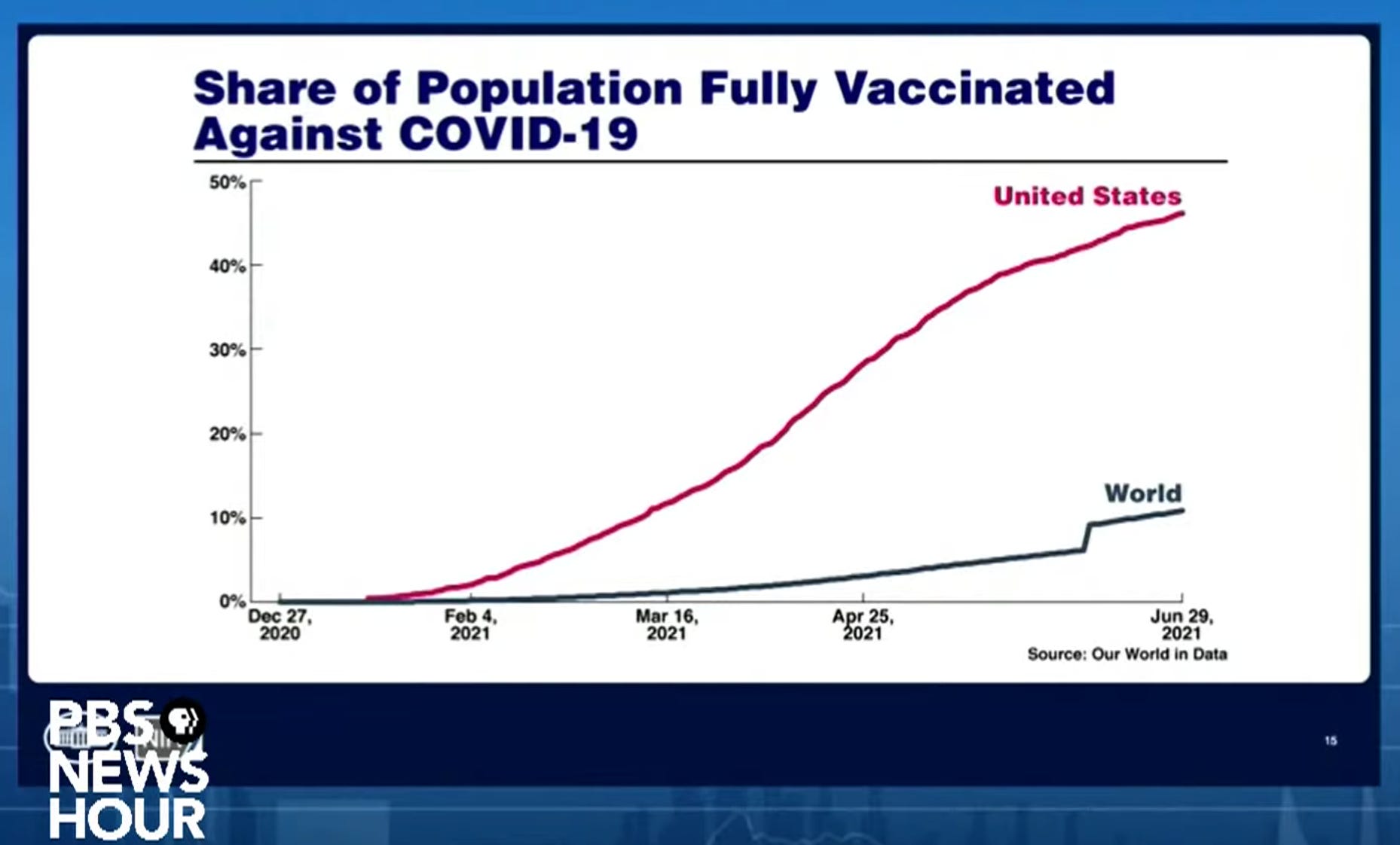Even fully vaccinated people should wear masks, according to the WHO.
Sarah Tew/CNET
Should masks be tossed for those who are vaccinated against COVID? It depends who you ask. In the case of the World Health Organization and the US Centers for Disease Control and Prevention, there are entirely different recommendations for masks for vaccinated individuals for entirely different reasons. The dispute also comes down to legal liability or politics.
On June 25, WHO Assistant Director General Dr. Mariângela Batista Galvão Simão caused alarm when he recommended that vaccinated people should continue to wear masks, even if they received two doses of a vaccine such as Pfizer or AstraZeneca. Days later, CDC Director Dr. Rochelle Walensky appeared to contradict the WHO’s advice, citing the high rate of protection that vaccinated people have against the delta variant and other COVID strains.
The conflicting advice comes as the highly contagious delta variant continues to dominate new cases around the world, including in the US. Both the WHO and CDC agree that people who are not vaccinated should continue to wear face masks, but why are they at odds about a barrier over your nose and mouth? This story has been updated with new information.
Why do the WHO and CDC disagree on face masks for vaccinated people?
A few days after the WHO recommendation that people who received the COVID-19 vaccine should continue wearing a face mask, Dr. Anthony Fauci, a leading authority on US infectious disease (and adviser to seven presidents) explained why the advice differs from the CDC’s.
“There’s a reason for that,” Fauci said in a virtual White House press briefing with Walensky. “The WHO is responsible for the planet as a whole. It’s different in the world in general from here in the United States.”
Only 23.7% of the global population is fully vaccinated, according to vaccine tracker site Our World in Data. The US nearly doubles that number: 47% of Americans are considered fully vaccinated as of June 30, according to the Mayo Clinic.
For Fauci and Walensky, the urgency is less about wearing a face mask after vaccination and more about getting a greater number of Americans vaccinated in the first place. To back up his point, Fauci cited findings that show two doses of the Pfizer and AstraZeneca vaccines are 90% or more effective against hospitalization from the delta variant.

Fauci used data in this slide to explain why differences in global and US vaccination rates resulted in two official mask-wearing recommendations that seemed at odds.
Screenshot by CNET
WHO’s guidance: Vaccinated people should wear face masks
Wearing a mask consistently continues to be important, even for people who are vaccinated, WHO Assistant Director General Simão said during a press briefing on June 25. “People cannot feel safe just because they had the two doses. They still need to protect themselves.”
Wearing masks in public places is essential to help people from inhaling particles that will cause them to become sick, Dr. Maria Van Kerkhove, an American infectious disease epidemiologist, said during that same briefing.
While the Pfizer and Moderna vaccines are showing robust protection against variants, “breakthrough” infections may still sporadically occur. In an early case in June, a fully vaccinated woman in Napa, California, died from COVID-19. She was over 65 and was reported to have underlying medical conditions.
CDC’s guidance: Vaccinated people can go maskless in the US
The CDC’s current guidance on mask wearing remains the same for fully vaccinated people. The guidelines say those who are fully vaccinated can “resume activities without wearing masks or physically distancing” except where required, such as in planes and businesses.
Walensky, the agency’s director, stuck to that guidance on NBC’s Today show Wednesday, saying fully vaccinated people are protected from the delta variant.
The CDC warned CNN on Saturday that there’s still a small chance fully vaccinated people can become infected with the new variant if they’re exposed. We’ve asked the CDC for comment.
Why is the coronavirus delta variant important?
The delta variant is the latest of new coronavirus variants, and is the most contagious of the variants identified so far, according to the WHO. The delta variant has been identified in 85 countries so far and is spreading among the unvaccinated population, the organization said during the press conference.
“The delta variant is currently the greatest threat in the US to our attempt to eliminate COVID-19,” Fauci said during a White House press briefing on June 22.

Some countries are returning to lockdowns to curb the spread.
Sarah Tew/CNET
Will there be more mask mandates and lockdowns?
Some countries have already begun tightening COVID-19 restrictions. For instance, four cities across Australia have returned to lockdown, including Sydney’s state of New South Wales. In the US, Los Angeles County is strongly recommending face masks indoors, regardless of whether someone has been vaccinated or not, though masks aren’t required in most places. Some countries within Africa and Asia — for instance, South Africa and Malaysia — have also moved into lockdown due to the delta variant spreading.
Some places never loosened mask mandates, such as airports and airlines. In the US, other public transportation facilities require masks, such as buses and trains.
For more information, here’s what you need to know about “long COVID” and how it’s treated. Also, read up on these COVID-19 vaccine side effects and important dos and don’ts for getting your COVID-19 vaccine.
The information contained in this article is for educational and informational purposes only and is not intended as health or medical advice. Always consult a physician or other qualified health provider regarding any questions you may have about a medical condition or health objectives.
